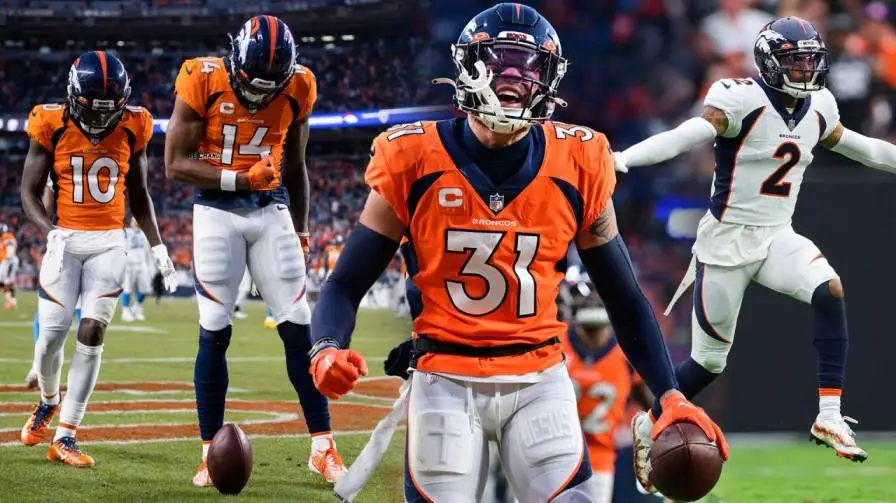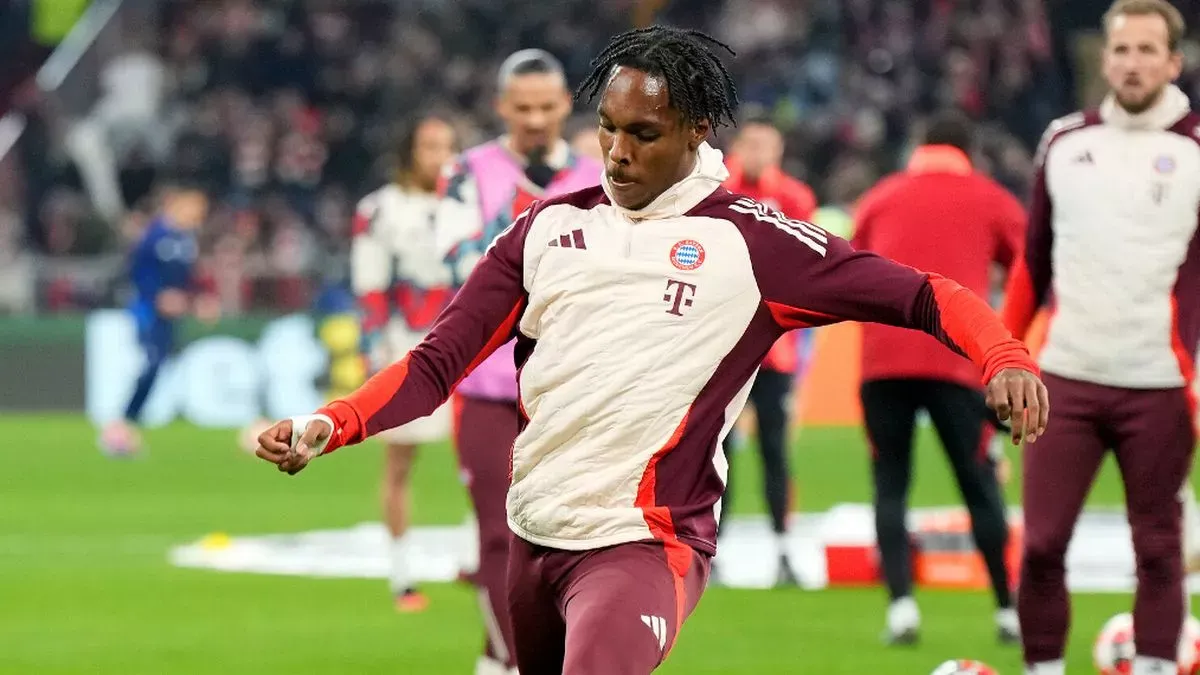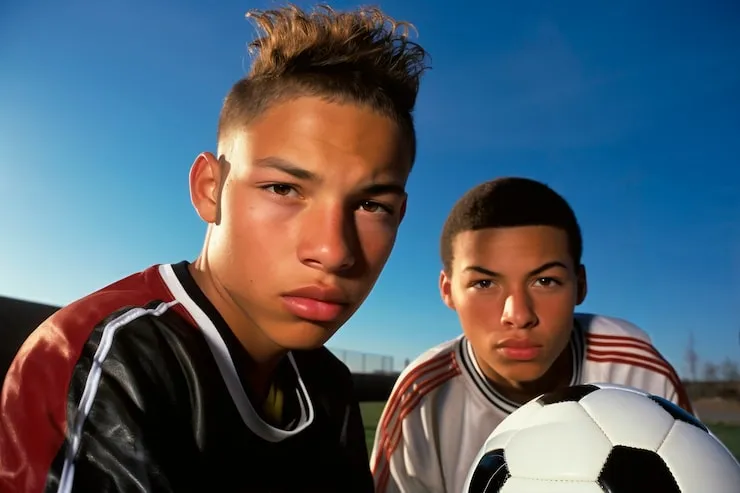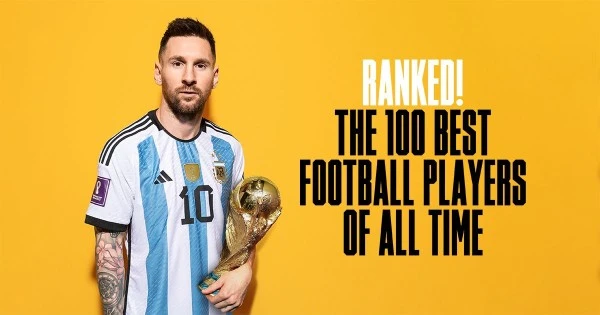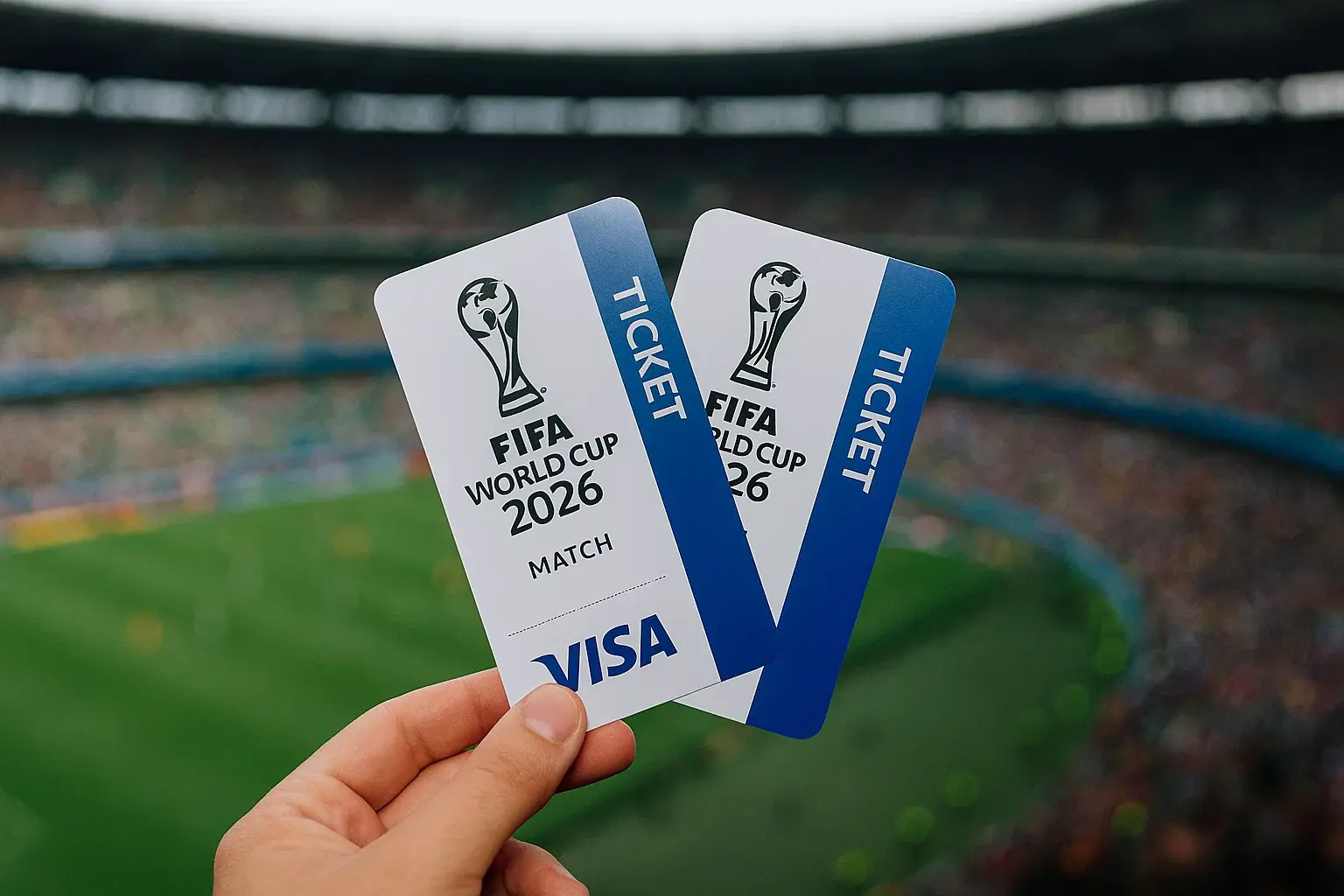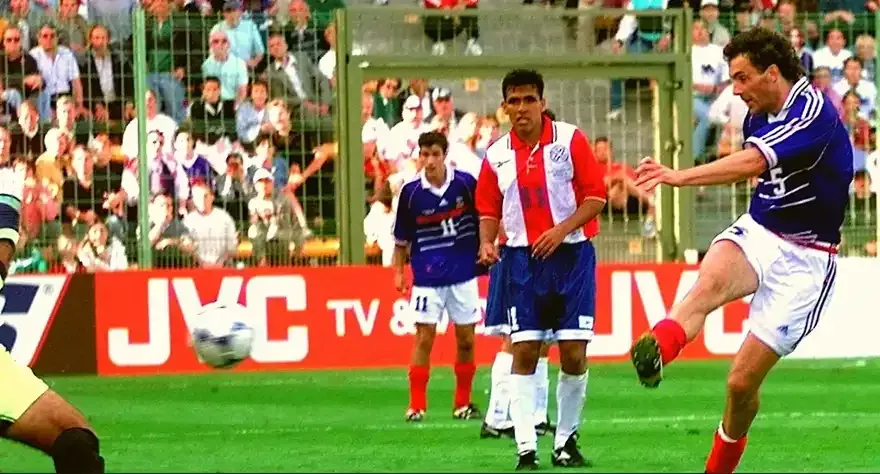
TOP 10 WORLD CUP PLAYERS WINNING THE GOLDEN BOOT OR GOLDEN SHOE IN EVERY EVENT.
It is no secret that football is all about goals, and that is no different at the FIFA World Cup. In each World Cup event, the following individuals have been awarded the 'golden boot' or 'golden shoe. Whenever the World Cup arrives, one thing is certain: there will be plenty of goals and plenty of goalscorers. The men's FIFA World Cup has been held 21 times, with 2,548 goals scored by 1,300 different players. In the history of the tournament, only 13 players have been able to score 10 goals or more.
Miroslav Klose - Germany
(Games 24, Goals 16)
Miroslav Klose holds the record for most FIFA World Cup goals, scoring 16 times in 24 appearances across four editions (2002, 2006, 2010, and 2014). Even though Klose is not the most famous name on this list, what made him special was his remarkable consistency at every football World Cup he participated in and his longevity in the game, which allowed him to play four different editions. When the German team stunned Brazil 7-1 in the semi-finals, he scored the goal that gave him the record for most goals scored at the FIFA World Cup. The goal by Miroslav Klose in the match moved him past Brazilian Ronaldo, who previously held the record.
Ronaldo - Brazil
(Games 19, Goals 15)
In the FIFA World Cup, Ronaldo Luis Nazario de Lima, more commonly known as Ronaldo, has scored 15 goals in 19 appearances. With Ronaldo's four goals in France, Brazil reached the final, but due to the striker's fever, they lost the decisive game to the host country. Nonetheless, Ronaldo was unstoppable at the 2002 World Cup in Japan and South Korea, scoring eight goals to lead Brazil to the title and win the Golden Boot. Ronaldo's career was already on the decline when the 2006 FIFA World Cup rolled around in Germany, as injuries and fitness issues had taken their toll on him. Even so, he managed to score three goals during the tournament before Brazil was eliminated in the quarterfinals by the hosts. In the end, it was just enough to overcome German legend Gerd Muller, who had topped the charts since 1974.
Gerd Muller - West Germany
(Games 13, Goal 14)
While Gerd Muller's 14 FIFA World Cup goals have been achieved over only two editions of the tournament, he managed them over only 13 matches. The majority of these hat-tricks, including back-to-back hat-tricks against Hungary and Peru in the group stages, came during the 1970 World Cup. Despite Muller's brace in the match, Italy ended the title challenge of Muller's team by advancing to the semi-finals. Nevertheless, Muller won the FIFA World Cup in 1974 in Germany. He did not win the Golden Boot this time, but he led his team with four goals, including the all-important goal in a 2-1 victory over the Netherlands.
Just Fontaine - France
(Games 6, Goals 13)
In spite of only appearing in one FIFA World Cup edition - 1958 in Sweden - French striker Just Fontaine finds his name on this illustrious list. France played every single match in which Fontaine played, including a hat-trick against Paraguay on his World Cup debut and four goals against Germany in the third-place playoff. However, Fontaine still managed one of the two goals the Les Bleus managed in the 5-2 defeat to eventual champions Brazil in that edition. A series of injuries ended Just Fontaine's career at the age of 28, causing him to retire at a young age. He would never return to the World Cup stage. Nevertheless, he still holds the record for the most goals scored by a player in a single FIFA World Cup edition in 1958 with 13 goals.
Pele - Brazil
(Games 14, Goals 12)
Despite not scoring, Pele managed to assist on his debut. As a result of scoring the match-winning goal against Wales in the quarterfinals, the soon-to-be Brazilian great became the youngest player in history to have scored a goal at a FIFA World Cup event. It was Pele's three goals against Fontaine's France in the semifinals that made him the youngest player in the quadrennial meet to score a hat-trick. Pele scored two goals in the final against the hosts, becoming the youngest goalscorer of a World Cup final. Pele assisted Brazil in winning two more World Cup titles in 1962 and 1970, with only England beating the Selecaos in 1966. Throughout four editions, Pele scored 12 goals in 14 matches, placing him fifth on the list of most World Cup goals. Pele won three World Cups in a row, even though he did not win the Golden Boot in any of the editions.
Sandor Kocsis - Hungary
(Games 5, Goals 11)
Despite living in the shadow of Ferenc Puskas, Sandor Kocsis has held his own fairly well, scoring goal after goal on the international stage and winning a number of trophies with Barcelona in his later years. After all, he was a key member of Hungary's legendary team from the 1950s. Sandor Kocsis' goal record for Hungary is absurd. A total of 75 goals have been scored in 68 appearances.Averaging more than two goals a game in his one World Cup campaign, Ferenc Puskas and the Mighty Magyars lost in the final to West Germany during an event that was laden with goals.
Jurgen Klinsmann - Germany
( Games 17, Goals 11)
Having made his first international appearance for West Germany in 1987, Klinsmann collected 108 caps, making him the country's fourth most capped player behind Lothar Matthäus, Miroslav Klose, and Lukas Podolski. In top-level international matches, Klinsmann scored 47 goals for West Germany. He shares the fourth place all-time with Rudi Völler and is only surpassed by Klose's 71 national team goals, Gerd Müller's 68 and Podolski's 49 goals. He was the sixth leading scorer in FIFA World Cup history with 11 goals. Throughout his career, Jurgen Klinsmann switched between a few clubs, but he was consistently consistent for Germany at World Cups. Besides winning the medal in 1990, he also scored at the 1994 and 1998 editions.
Helmut Rahm - West Germany
(Games 10, Goals10)
The moniker Der Boss was given to West German legend Helmut Rahn (16 August 1929 - 14 August 2003) during his lifetime. As a forward, he played for the German national team. In 1954, he gained legendary status in German football as a result of the heroic performance of the German team in the World Cup final. A team of German players, who themselves were surprised to be in the final, faced Hungary, who had not lost a match for four years prior to the final and who had already beaten Germany 8–3 during the group stage. Helmut Rahm was known as Der Boss during his time as an athlete in West Germany. West Germany's first World Cup crown was earned by his two goals, including the winner, in 1954.
Gary Lineker - England
(Games 12, Goals 10)
The World Cup has always been a highlight for Lineker, who is England's third-highest scorer in history. His six goals at the 1986 World Cup earned him the Golden Boot and he scored four goals at the 1990 World Cup that helped his team reach the semi-finals in Italy. The most prolific goal scorer in the history of the English national football team, Gary Lineker is considered by many to be the greatest goal scorer of all time, scoring 48 goals in 80 international matches, including 10 goals in 12 matches during the 1986 and 1990 FIFA World Cup finals. He won the Adidas Golden Shoe Award in Mexico 1986 and the FIFA Fair Play Award four years later for his outstanding disciplinary record, which allowed him to go through the entire 568-game career without receiving a booking. Lineker currently anchors BBC Sport's coverage of football and golf.
Gabriel Batistuta - Argentina
(Games 12, Goals 10)
Between 1991 and 2002, Gabriel Batistuta made 78 appearances for Argentina as a professional footballer. With 56 goals in 78 international matches, he is Argentina's second-highest goalscorer, behind only Lionel Messi. The whole world would feel the effects of Gabriel Batistuta's shots with those canons that are called feet. Furthermore, he is one of only four players to score hat tricks at different World Cups in his career.
Teofilo Cubillas - Cuba
(Games 13, Goals 10)
Between 1970 and 1982, Cubillas participated in three World Cups. During the 1970 FIFA World Cup in Mexico, Cubillas contributed to Peru's advancement to the quarterfinals. All four of Peru's matches during the first round were scored by him: once against Bulgaria, twice against Morocco, and once against West Germany. As a result, Cubillas finished third among goal scorers in the tournament after scoring another goal against eventual champions Brazil in the quarterfinals. He received the FIFA World Cup Young Player Award and came in third place in the Golden Shoe Award.
Thomas Muller - Germany
(Games 16, Goals 10)
Müller finished the tournament as the joint top goalscorer with five goals. The three goals he scored and the three assists he provided earned him the Golden Boot. Ayew also won the Best Young Player Award over his fellow nominees André Ayew of Ghana and Giovani dos Santos of Mexico. Miroslav Klose and Lukas Podolski, both German teammates from 2006, succeeded him for both awards. A shortlist of four German teammates, including him, was announced in October 2010 for the FIFA Ballon d'Or award. Müller expressed his gratitude for his World Cup success by stating "I basically got lucky, I hit form just at the right time". As Germany won the 2014 World Cup, Thomas Muller became the second player to score five goals in back-to-back tournaments.
Grzegorz Lato - Poland
( Games 20, Goals 10)
An ex-professional football player and manager from Poland, he played as a winger. In the 1970s and early 1980s, he was a member of Poland's golden generation of football players. In the course of a decade, he represented Poland at five major events, beginning with gold at the 1972 Summer Olympics in Munich and culminating with a third-place finish at the 1982 FIFA World Cup in Spain. His career culminated at the 1974 World Cup, where he was the leading scorer and the only Pole to have won the honor. A total of seven games were played by the team, and only one game was lost - the other six were won. Lato finished the tournament with seven strikes. In the years following the end of his playing career, he was appointed manager of several clubs in Poland and abroad.
By Rashmi Goel
